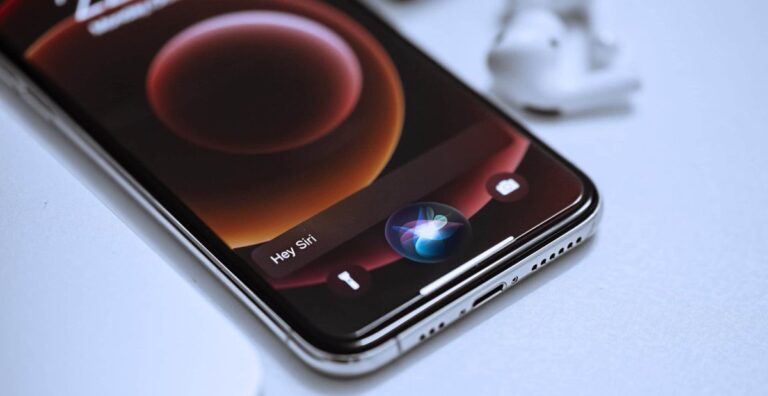Apple agrees to $95 million settlement in Siri privacy class-action case of the privacy-minded company deploying its virtual assistant Siri to eavesdrop on people using its iPhone and other trendy devices.
The proposed settlement filed Tuesday in an Oakland, California, federal court would resolve a 5-year-old lawsuit revolving around allegations that Apple surreptitiously activated Siri to record conversations through iPhones and other devices equipped with the virtual assistant for more than a decade.
Table of Contents
This lawsuit against Apple highlights ongoing concerns about privacy and the potential misuse of voice assistant technology. Here’s a breakdown of the key issues and potential impacts:
1. Overview of the Lawsuit
- Siri allegedly recorded conversations without trigger words like “Hey, Siri.”
- Some recordings were shared with advertisers for targeted marketing.
- This contradicts Apple’s commitment to privacy, framed as a “fundamental human right” by CEO Tim Cook.
2. Settlement Details
- Apple denies any wrongdoing but agreed to settle.
- Approval is pending from U.S. District Judge Jeffrey White, with a hearing proposed for February 14, 2025.
3. Consumer Eligibility and Compensation
- Eligible consumers:
- Owned Siri-equipped Apple devices from September 17, 2014, to the end of 2023.
- Maximum claims: Up to five devices per consumer.
- Estimated payout: Up to $20 per device, subject to change based on claim volume.
- Low expected participation: Only 3%-5% of eligible users may file claims.
4. Financial Perspective
- The settlement amount is minimal compared to Apple’s profits:
- Apple profits since 2014: $705 billion.
- Estimated liability had the case gone to trial: $1.5 billion.
- Legal fees for attorneys may take $29.6 million from the settlement fund.
5. Implications for Apple
- Reputational Impact:
- Challenges Apple’s privacy-first image.
- May affect trust among privacy-conscious consumers.
- Financial Impact:
- Negligible due to the small settlement amount relative to profits.
6. Consumer Actions and Takeaways
- Eligible consumers should file claims to receive compensation.
- Review and adjust privacy settings for Siri and other virtual assistants.
- Stay informed about how tech companies handle personal data.
7. Steps to Enhance Siri Privacy
If you’re concerned about Siri eavesdropping, here’s how to protect your data:
- Adjust Permissions:
- Go to Settings > Siri & Search to manage permissions.
- Disable “Listen for ‘Hey Siri’” or turn Siri off entirely.
- Limit App Integration:
- Restrict Siri’s access to sensitive apps and data.
- Opt-Out of Analytics:
- Navigate to Settings > Privacy & Security > Analytics & Improvements and opt out of sharing usage data.
8. Should You Quit Using Siri?
- Why You Might Quit:
- Discomfort with AI-driven technologies and data collection practices.
- Concerns about privacy, even with anonymized data.
- Alternatives to Quitting:
- Use Apple’s privacy tools to restrict Siri’s permissions.
- Turn Siri off if concerns persist for peace of mind.
Conclusion
The lawsuit against Apple serves as a reminder of the growing concerns over privacy in the digital age. While the financial impact on Apple is minimal, the allegations highlight potential risks associated with voice assistant technologies. For consumers, this case underscores the importance of understanding privacy settings and taking proactive steps to protect personal data. Filing compensation claims is a small but meaningful way to hold companies accountable for privacy breaches. As technology continues to evolve, both companies and consumers must remain vigilant to uphold the balance between innovation and privacy rights.
